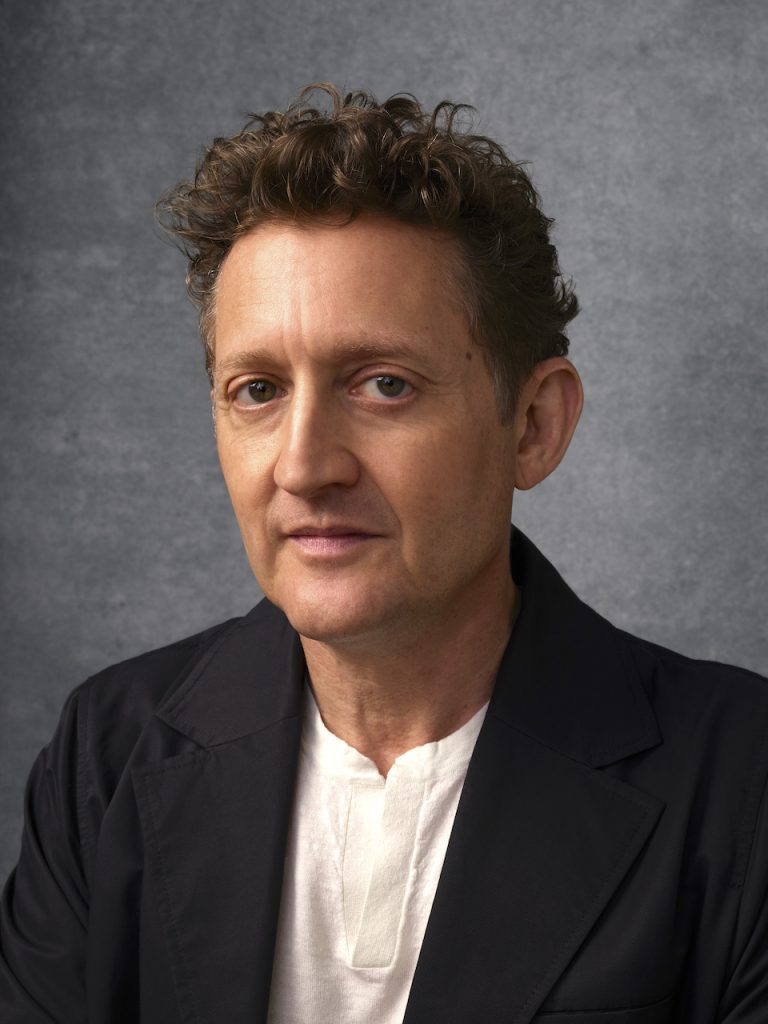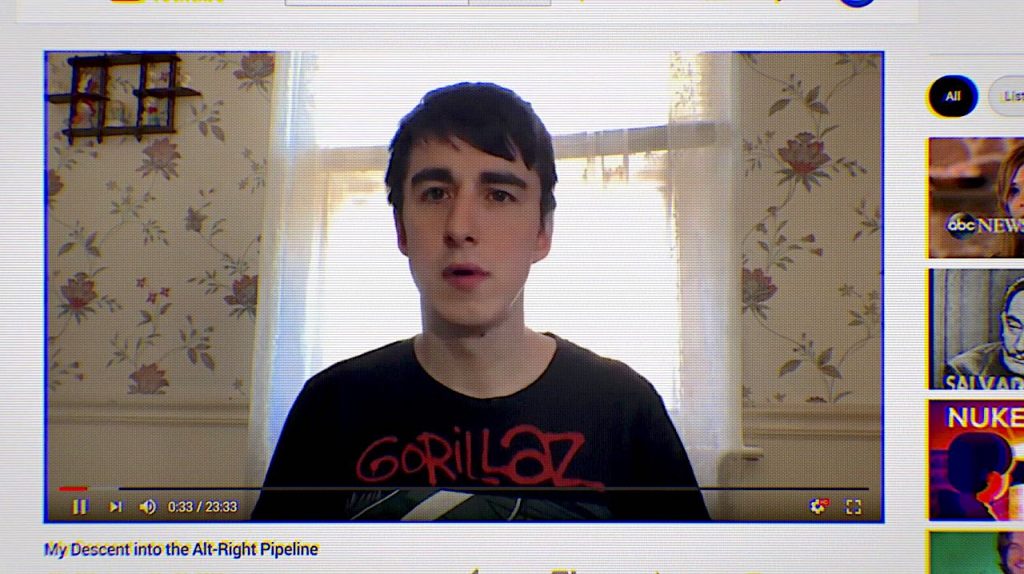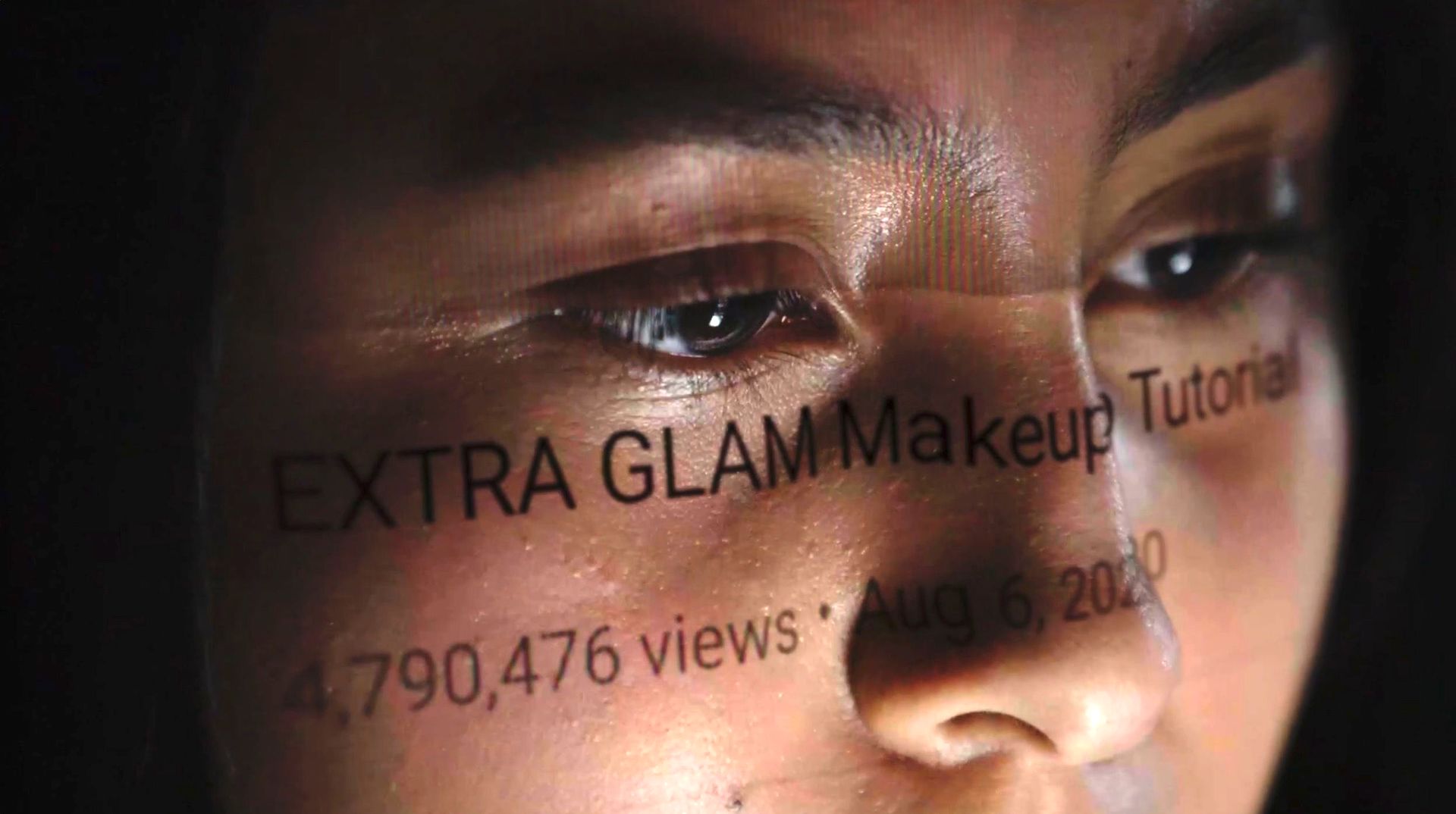YouTube is a resource most of us head to on a daily basis for everything from music videos and movie trailers to top 10 lists and how-to videos. Even news and people claiming to be experts on various issues. If you can think of it, someone’s likely uploaded a video about it. Hours upon hours of content at the click of a play button.
But as is so often forgotten, with rights come responsibilities, and documentarian Alex Winter (Bill & Ted Franchise, The Panama Papers, Zappa) reminds us of these social obligations with his latest film, The YouTube Effect. Winter has a longstanding interest in the internet, the social spaces it creates, and the corporations behind them seeking to monetize our participation. This documentary film traces the history of YouTube from its inception through its steady rise to become the powerhouse platform it is today. Produced by Gale Anne Hurd (The Terminator Trilogy, The Walking Dead) and Glen Zipper (Challenger: The Final Flight, What’s My Name: Muhammad Ali), the film doesn’t criminalize the website or the rise of technology – far from it. Rather, it presents the world we live in through a tech lens and essentially tasks us with examining how we handle information (and disinformation) and what we can do with these incredible tools we’ve been given in a profit-driven society. I spoke with Winter about his most recent project and what he loves about making documentaries.
Tell me about the origins of this project and your collaboration with Gale Hurd.
The project actually started with Gale. I had been making quite a few documentaries around the tech space. It was the topic that got me into making docs in the first place. I started with my Napster documentary and spent a good decade working in and around that story. So my interest in the internet goes back to the early 80s, the birth of the net pre-web and the rise of online communities. I’ve been interested in tracking the growth of these communities because I think it speaks to a lot of what’s at the heart of the issues that are going on right now around technology – the good, the bad, and the in-between. So I’m not really a tech evangelist as much as probably a tech agnostic!
Gale came to me and asked if I was interested in doing something around YouTube. She had some access there and had been a fan of my other docs. It was extremely interesting to me because I’ve been wanting to do something around Google, and YouTube is Google’s media front end really more than anything else. Even though it presents itself as a separate company, it really isn’t. So the project was very interesting to me, and equally interesting was the opportunity to work with her given the history that she has.
So she and I, along with my producer Glen Zipper, embarked on this together. I immediately dove in and started doing research on YouTube, which aligned with other research I was working on at the time for a QAnon documentary I was putting together before the election. I knew that YouTube played a really big role in the rise of disinformation and radicalization, so that was something I had already done a lot of research on, so I just had to do more research into how this company started and what made it happen.
With such a large platform that has an almost 20-year history, I imagine that the opportunities were endless. How did you decide who and what you wanted to highlight and what areas you wanted to focus on?
Usually with documentaries, it’s character-based. I come from a narrative background, so I approach these things like a narrative, as in, I’m telling a story that needs to be focused around central characters who you can identify with. Not necessarily heroes or antagonists, just human beings. That’s the fun thing about docs, is that they’re more nuanced.
So I immediately began to look at who the cast of characters could be, what they would represent and how they would tell the story that I knew I wanted to tell… and then guide me to tell the story in different ways. That’s another interesting thing about docs – you know you’re not playing God. You’re letting the characters guide you as to how the story goes. So that’s what we did.

Alex Winter. Photo by Rick Wenner
Generally on these docs, the way I tend to work is at the very beginning, I start looking into finding these people and while I’m doing that, my research team is literally sucking the world dry of all information on these topics! We’re doing research at the same time as I’m starting to reach out to sources and begin to form the story.
What have been some of the reactions to the film so far? Have you found that they’ve differed across generations or age groups?
The reactions have been incredibly strong, which I’m grateful for… and more so this year, frankly, than even when we premiered in 2022. I think that it’s taken the world a minute to catch up to 2020, which was just such a giant boulder in the water for everyone on every conceivable level. And the film has this lens of technology’s role in what happened. It’s kind of what the movie is at the end of the day. So what’s been gratifying is that I think everybody’s ready to talk about what happened and how we got here… and where do we go from here? I think when we had just finished the movie, everyone was a bit shell-shocked and not really ready to talk yet.
We’re still living with these issues and that’s why there’s interest in all of these things. The unexpected part in terms of the response has been younger people. I have three boys who grew up online, so I’m very aware of the fact that this generation’s youth doesn’t really want to be told how to use technology! I think that stories that approach these things with, “You’re bad if you’re on an iPad or if you’re on your iPhone,” or “You should put these things down and go outside” are incredibly destructive messages to send to younger people. They’re not productive and there’s really nothing you can do with that. It’s like yelling at people for using the automobile back in the day. So, I’m finding that high school and college kids are really responding strongly to the film, which I did not expect.
But they haven’t. They’ve been super engaged. We’ve been showing the film in schools all over the world and I’ve been having these amazing discussions with high school and college kids. Now we’re going to start taking the film into universities and doing summits around disinformation and related issues at several major universities in the US.
Technology is constantly evolving, escalating…what are your thoughts on the rise of AI and ChatGPT and so on? How do we retain control while harvesting the benefits these developments offer?
It doesn’t really matter what I thin as an individual… but as a parent, I think that one should be sympathetic to the stresses of these technologies on young people. I tend to listen to them and some of them very much need these communities. There’s an enormous amount of need for online community, for a lot of marginalized groups – for the disabled, for the LGBTQ community, for people who are in outreach, for people who are being abused, for people who are having trouble in high school… for anonymity, or a place to go.
I have found there are just as many people who need these communities to be there for them as the people who say they absolutely need to get off of these platforms…which I also 100% sympathize with! I think that where we get into trouble is when we try to hyper simplify these issues. “They’re just bad” or “They’re just making society worse.” I think it’s an extremely privileged position to take. And I’m a cis white male! But if I’m in a marginalized community – and frankly I am for other things that I deal with, like certain abuse issues or whatever other things that got me onto the internet in the first place when I was young – those communities are extremely beneficial and people need them.
I think Twitter is a good example. I got off Twitter when Elon took it over because he let a lot of people run free on that site. I don’t find it safe for me there anymore. But a lot of my friends, especially those in the LGBTQ communities, absolutely are not leaving Twitter – it’s the only place where they can communicate en masse with each other.
The irony is that YouTube seems to have become an inherent part of a filmmaker’s industry as well, especially when it comes to advertising. Can you speak to that?
I think YouTube has an enormous amount of benefit. It’s such a vast platform. You’re dealing with the largest media platform on the planet by a large margin… way bigger than television, way bigger than any other internet platform. You’re billions ahead of TikTok or any of these other platforms. So it’s impossible to just write the whole thing off. There are so many things that are going on there that are beneficial.
Given the enormous benefits, where does the culpability lie in its dangers?
I don’t think there’s any super easy and quick answer – there certainly aren’t a bunch of switches you can just turn off, you can’t just abolish section 230 or change the algorithm…or all the other things that people are always calling for. It’s just not that simple.
But I do think that at the end of the day, the onus starts with the owner of the platform. That’s where it starts because they do have control, they have control that they often say they don’t have. It’s a pain in the ass and it’s not simple. It will cost them money. It will drive down their profits, but they absolutely do have controls. They allow people to spread horrible, hate-filled information on those sites. And we’re talking about people who have millions of followers, calling for civil war and for destruction of marginalized communities, that are allowed to flourish and monetize on those platforms. Of course, that’s the platform’s responsibility.

Scene from The YouTube Effect
But then it also falls on a parent. It’s like my approach with my kids. I’m not blasé. They’re on the platform, but I keep an eye on them. I check in with them. When the whole thing with Andrew Tate happened, I went right to my 13-year-old because I know who his audience is. I asked him, “What do you and your friends think about this guy? Do you realize that he’s actually a full-on criminal?” So I think the onus is also on the parents to be on the platforms to a degree and know what the landscape and the culture of those platforms are because that’s what your kids are absorbing.
Is it “utopian” to believe we can ever strike that harmonious balance?
I don’t think it’s utopian because I think that it’s just reality. I think we have to remember that as goes the internet, so goes the world. The internet is just a place where human beings congregate, so it’s no different than any other community. The problems that are going on for high school kids on Instagram are problems that are going on with kids at the high school lunch table. I don’t think that it’s going to be a utopia. Because of that, there has to be regulation, there have to be safeguards, there has to be policing of the companies. If they can’t police themselves, we have to do it for them. It’s just a city and the city is always going to have a crappy, crime-infested neighborhood. It’s always going to have an area where they’re selling drugs and that’s just the way human beings are. It will never be utopian, but nor do I think that it will be something that we should, or even can, abolish. Going about it with an intent to abolish that town square is folly.
The documentary is a unique genre and as you mentioned, you have a narrative background. How do you approach your documentaries from a writing standpoint? What do you enjoy about it and what are some of the challenges you encounter?
I was trained as a screenwriter primarily at film school, so I start the process with a pretty heavy amount of text and then I revise as I go. I go back and revise and look at where the beats are, where the turns are, and who the primary driving subjects are. I love that process because it gives us a blueprint to work from. In a way, it’s kind of a scriptment. It’s somewhere between a script and an outline. Obviously you don’t go to full script – I’m not writing dialogue for anybody. But I am writing very involved scripts, and those become a sort of continual guideline all the way through the process. I love it because it gives me it gives me a sense from which to work and it gives my editor a sense of structure. The documentary process is very similar to the writing process. Usually when you’re done writing a script in live, you don’t leave it behind. You’re writing throughout. But you embark on the production phase and leave a lot of the script. A documentary, like a script, is a blank page every day.
Narrative feature isn’t like that at all. You know what your pages are, you’ve got your AD looking at the clock and you march through. On a documentary, I sit down with my editor every day. Every day is just new raw material; and then we’ll do an interview and the subject will send us in a completely other direction. So now what do we do? I love that process but I don’t think it’s for everybody. I think that the uncertainty of that drives a lot of people crazy. But for me, that’s why I do so much writing, because of this sort of toggling between the substructure I have with the outline and the openness of the blank page of our edit. That’s really what making documentaries is – it’s basically you and your editor writing a movie together.

